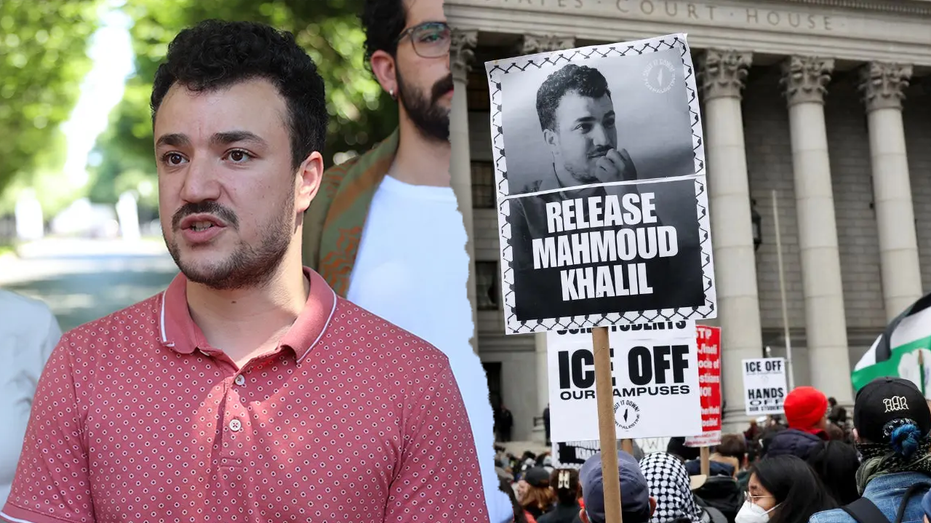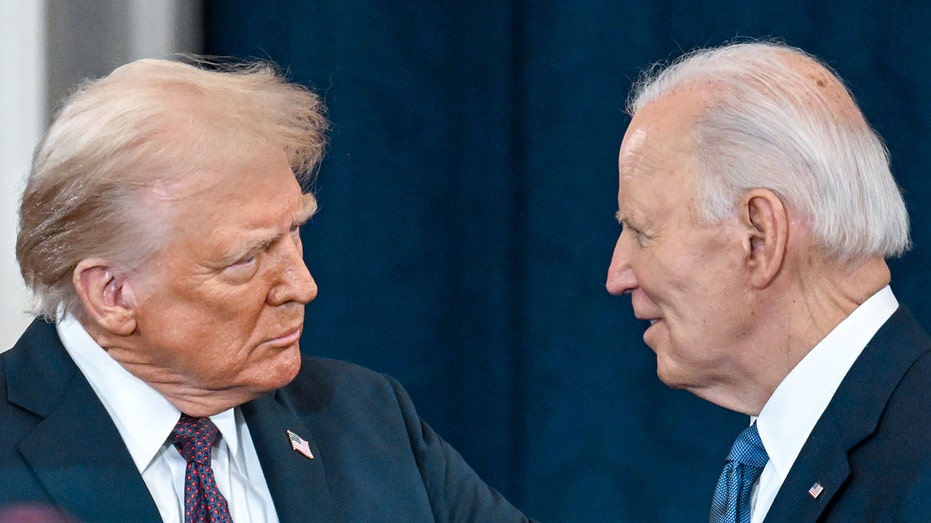Columbia Activist Mahmoud Khalil Slams Trump Administration in Fiery Washington Post Op-Ed Over Deportation Ruling

Sarah Johnson
April 18, 2025
Brief
Columbia activist Mahmoud Khalil denounces his deportation order and the Trump administration's immigration policies in a Washington Post op-ed, sparking national debate over democracy and protest rights.
Columbia University activist Mahmoud Khalil has taken his fight public, denouncing what he calls the "repressive" Trump administration in an op-ed for The Washington Post after an immigration judge approved his deportation.
Khalil, a green card holder and prominent pro-Palestinian protest leader at Columbia, argued that America's democracy is only "for some"—or as he puts it, a "democracy of convenience." He claimed his rights have been stripped because he isn't aligned with those in power, writing: "A democracy for some — a democracy of convenience — is no democracy at all. I hope it will shake you into acting before it is too late."
The ruling, delivered by Judge Jamee Comans in Louisiana, found that the government had met its burden of proof to deport Khalil, 30. Immigration agents had previously arrested him on Columbia-owned property following accusations from the Department of Homeland Security that he led activities "aligned to Hamas." Khalil has strongly denied any ties to the group or to violence, calling the case against him "baseless" and the government’s evidence "lifted directly from sensationalized tabloids."
Secretary of State Marco Rubio cited the Immigration and Nationality Act of 1952 in a letter to the court justifying Khalil’s removal. In his op-ed, Khalil fired back at the Trump-era immigration agenda, accusing it of undermining American values. He described the irony of receiving letters from supporters with stamps reading "liberty forever" and "justice forever" while facing deportation, saying, "The irony is stunning, especially regarding what I’ve learned about how the administration exploits immigration law to enforce its repressive agenda."
Khalil also likened his situation to historical injustices like the internment of Japanese Americans during World War II, warning that rights in America too often depend on alignment with those in power. "For the poor, for people of color, for those who resist injustice, rights are but words written on water," he wrote.
He accused the White House of cracking down on pro-Palestinian demonstrators out of fear that "the idea of Palestine’s freedom" could gain mainstream traction. Khalil even referenced Viktor Frankl, the famed Holocaust survivor and psychiatrist, saying that while he was ashamed to compare his ICE detention to Nazi concentration camps, he found chilling similarities in the uncertainty and resignation among detainees.
As Khalil’s essay made the rounds, it drew a sharp backlash from conservative commentators. Attorney Marina Medvin quipped on X that America is simply trying to "help Mahmoud find his way back home to Algeria" so he won't feel victimized anymore, noting Khalil’s Kurdish and Algerian background. Fox News contributor Ari Fleischer condemned The Washington Post for publishing Khalil’s piece, accusing the outlet of omitting his background and political affiliations.
The Washington Post has not responded to requests for comment. The debate continues to swirl, with Khalil’s fate hanging in the balance and the broader fight over immigration, protest, and free speech showing no signs of cooling off.
Topics
Editor's Comments
Khalil’s op-ed doesn’t just poke the bear—it grabs it by the fur and shouts about democracy. The drama of liberty stamps on his letters while facing deportation is almost poetic, if it weren’t so painfully ironic. Even in the thick of legal battles, America’s knack for complicated contradictions is really on full display here.
Like this article? Share it with your friends!
If you find this article interesting, feel free to share it with your friends!
Thank you for your support! Sharing is the greatest encouragement for us.



